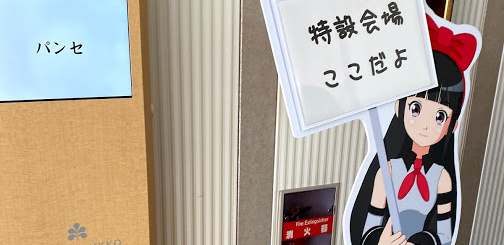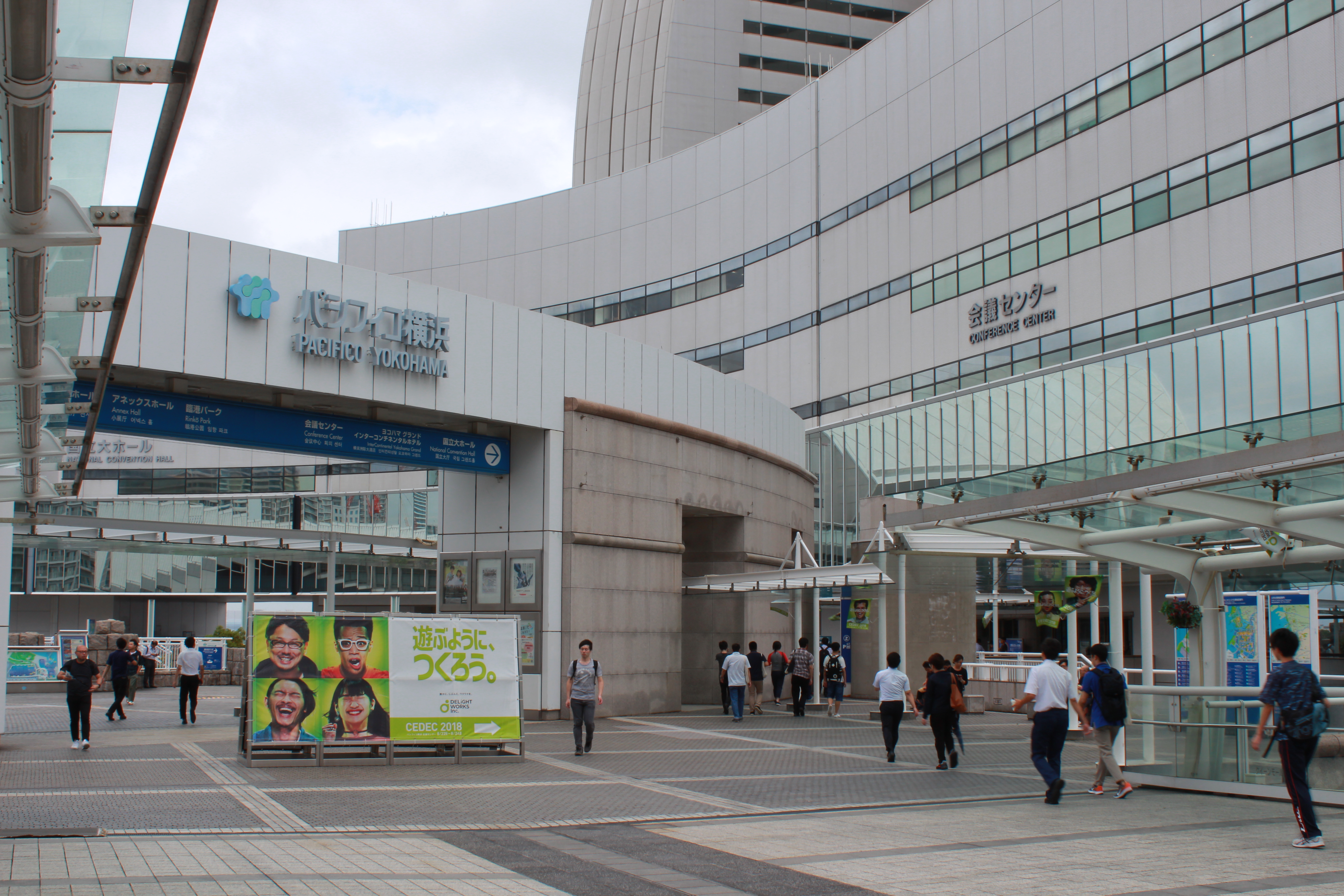【GDC特集③】英語が分からなくても何とかなる!?
*English translation below
今年の新人に「レアポケモン」と言われたエンジニアのぽんぽんです。
私も行って来ましたGDC。
行きは飛行機の中で吐き、帰りは何故かチェジュ島に辿り着くという思い出(トラウマ)が出来たGDC。
楽しい楽しい飛行機のお話は別の人がきっと書いてくれると思うので、ここでは今回一番記憶に残ったお話です。
GDCの会場近くにスタバがあったのですが、滞在中はほぼ毎日通っていました。
日本のスタバと違い、サンフランシスコのスタバは何故か入りやすい空気を醸し出していたので入りやすかったというのも理由です。日本のスタバは滅多に行きません。
スタバは注文したカップに名前を書いてもらえますが、正しい名前を書いてもらえるまで苦労しました。
その過程で出た傑作がこちら。

この「ERO」が出てきた時、「マジか…」という気持ちと、「ブログのネタが出来た」という気持ちが共存してとても微妙な気持ちになった事をよく覚えています。
もう滞在期間中はいっそ、私の前に呼ばれていた「ジェニファー」さんみたいな分かりやすい名前にしようか本気で悩みました。
(結局ちゃんと名前が伝わったのは、3回目の注文の時)
スタバとは別ですが、今回のGDC期間に「JAPAN PARTY」というパーティに参加しました。JAPANと付くからには日本人ばかりなのかと思っていたら、半分近くが外国人の方。
もう気持ちは日本語で準備していたので、あの時の騙された感はすごかったです。
他のあまたメンバーは日本人と交流している中、何故か私は9割以上外国人の方と交流していました。
英検3級を持っているとは思えないほど英語がダメダメなので、パーティ中はずっと胃が痛かったです。
ただパーティ参加者は日本語が分かる方が多かったので、何とか最低限のコミュケーションは取れていました。
中には私より日本語うまいなという方も。
後は運よく英語が話せる日本人の方が同じテーブルに居たので、その方に通訳してもらいながら何とか交流していました。
結果、とてもグローバルな名刺交換も出来たので、パーティに参加して良かったです。
ちなみにパーティ中によく発してた英語は、「I Can’t Speak English!」です。
帰国後は今回の経験を元に、少しでも英語を勉強してみようと思い立ち、最近は社内のEnglish Only Lunch Hourに参加し始めました。
English Only Lunch Hourは、社内の外国人主催の通称「英語ランチ」です。
基本は英語だけで会話するルールですが、皆さん優しいので日本語普通に使ってます。
英語ランチでは、なるべくゆっくり聞き取りやすいスピードで話してくれるので、リスニングの練習になります。
あまたは海外勢が多いので、ネイティブの話し方や発音が隣で聞けるのが魅力ですね。
また海外に行った時に困らないよう、英語の学習は続けていこうと思います。
ここまで書いて気付きました。
GDC関係ない!
(ぽんぽん。ときどきERO)
【GDC Report③】 Will things work out even if I don’t know English!?
Hey! It’s Pon-Pon. As a female engineer, some people also think of me like a “rare Pokemon.”
This year, I headed out to GDC as well.
Let’s just say GDC was a pretty traumatic experience. On the flight over, I barfed up my lunch, and for some reason on the way back I wound up on Jeju Island at one point.
I’m sure someone else will be writing about the fun, fun times of their flight, so here I’d like to talk about what left the most lasting impression on me.
There was a Starbucks located near the venue for GDC, and I made a stop there basically every day. Unlike Starbucks in Japan, the ones in San Francisco kinda give off an approachable, easy-to-enter atmosphere. At least, that’s what I think.
I hardly ever go to them in Japan.
You can get your name written on the cup when you order a drink at Starbucks, but it was quite a struggle to get my name written correctly.
The masterpiece I got out of this is as follows:

I remember very well the odd feeling I had when I saw “ERO” written as my name.
I was like,”Seriously…?” but on the other hand at least I have a story for the blog now.
Honestly, I seriously considered just going with a name that is easy to understand during the trip.
Something like “Jennifer,” like the name called before mine.
(In the end, they only got my name right by the 3rd time I went and ordered.)
Aside from Starbucks, during this year’s GDC, I went to an event called JAPAN PARTY. I figured because the name had “JAPAN” in it, it might be all Japanese folks attending, but in fact, around half were non-Japanese.
I had come all prepared to speak in Japanese, so I felt very deceived.
While other AMATA members exchanged with other Japanese people, I spent over 90% of my time with non-Japanese people.
My English is so bad you wouldn’t think I actually managed to pass *¹EIKEN Grade 3, and for that whole party I just felt sick.
But at least there were a good number of people there who understood Japanese, so I was able to achieve the bare minimum level of communication.
There were even some people with better Japanese than mine, somehow.
Then there was a Japanese person at the same table as me who could speak English, so with some interpretation help from them I was able to network a bit.
As a result, I exchanged a lot of business cards from all around the world. I’m glad I participated.
By the way, the English phrase I used the most at the party was “I Can’t Speak English!”
Having had this experience, after I got back to Japan I thought I might like to brush up on my English studies a bit more, and I started attending our company’s English Only Lunch Hour.
English Only Lunch Hour is essentially just “a lunch where you speak English,” held by international employees at AMATA.
The basic rule is that you speak English of course, but everyone’s pretty nice and flexible, so they use Japanese as well.
Here they speak at a speed that’s easy to understand, which makes it great for listening practice.
AMATA has a big international presence within the company; it’s quite nice to be able to listen to native speakers’ pronunciation and ways of speaking in person.
I’d like to keep studying English, so that when I go abroad next time, I’ll have an easier time of things.
Ah, I just realized something
This has nothing to do with GDC!
– Pon-Pon (And sometimes ERO)
*¹ EIKEN is an English proficiency test widely recognised in Japan. Grade 3 is equivalent to beginner-intermediate level of English proficiency.



